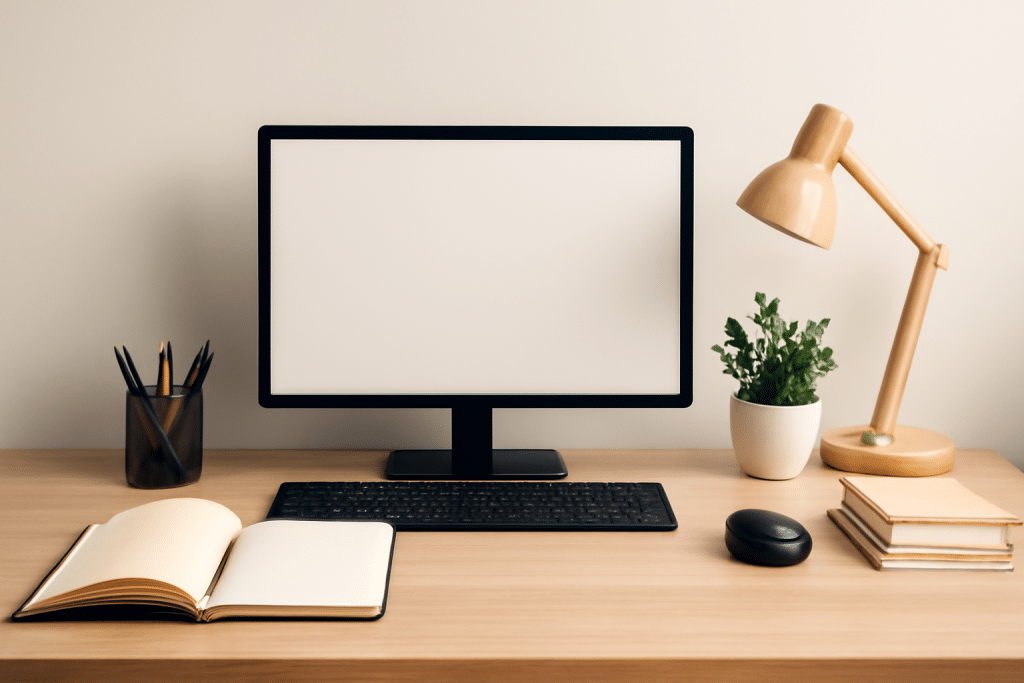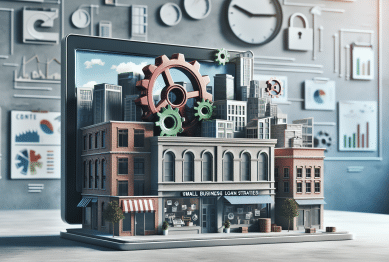A clean workspace is more than just aesthetically pleasing—it’s a powerful tool for increasing focus, enhancing productivity, and improving overall mental clarity. In today’s fast-paced world, many professionals are working longer hours and dealing with increasing levels of stress. However, research has shown that reducing clutter in your workspace can significantly impact your focus and efficiency. The link between a tidy environment and enhanced performance is undeniable, making workspace organization an essential step toward a more productive and successful career.

The Link Between Clutter and Decreased Productivity
Have you ever walked into your office or home workspace and felt overwhelmed by the sheer amount of stuff cluttering your desk, shelves, and floor? If so, you’re not alone. Studies have shown that clutter can create a visual distraction, which impacts cognitive function and increases stress. According to a study published in the Journal of Environmental Psychology, people working in cluttered environments tend to have lower productivity levels and higher stress levels. This clutter bombards your brain with excessive stimuli, making it harder for you to focus on the task at hand (Saxberg, 2016).
In contrast, a tidy workspace helps clear your mind and enhances your ability to concentrate. When there is less clutter to distract you, you can channel your energy and attention toward your work, leading to faster decision-making and more efficient task execution.
Reducing Clutter to Boost Mental Clarity
The first step in creating a productive workspace is to eliminate unnecessary items. Start by identifying which objects are essential to your work and which ones are merely taking up space. Here are a few tips to help you declutter effectively:
- Purge Unnecessary Items: Remove items you no longer need. These could include old files, unused gadgets, or random knick-knacks that serve no purpose in your daily work.
- Organize Your Desk: Keep only the essentials on your desk, such as your computer, phone, and a few necessary tools. Organize papers into folders or digital files to keep them out of sight.
- Invest in Storage Solutions: Use filing cabinets, drawer organizers, or shelf units to keep items out of sight but easily accessible. A dedicated storage space will help you avoid unnecessary clutter from building up again.
- Implement a Clean Desk Policy: Maintain a clutter-free workspace by cleaning up at the end of each workday. This will help you start each day with a fresh, clear workspace that is conducive to focus and productivity.
By reducing clutter, your workspace becomes an environment that promotes better mental clarity and reduces distractions, leading to improved performance.
How Clutter Affects Your Cognitive Function
Clutter isn’t just a physical distraction—it’s also a cognitive one. When your workspace is cluttered, your brain works harder than necessary to filter out distractions, which can impede your ability to focus. This phenomenon, known as “cognitive overload,” occurs when your brain has to process too much information at once. When there is clutter around you, your brain is constantly processing these stimuli, which takes away from your ability to focus on the work at hand.
A clean, organized workspace allows your brain to focus on the task at hand without unnecessary distractions. Research in the Psychological Science journal confirms that physical clutter can negatively affect your working memory, leading to an inability to focus on one task for extended periods (Leroy, 2009). When the environment is organized and clean, the brain has fewer stimuli to process, which allows it to focus on the task, improving cognitive function.
The Psychological Benefits of a Clutter-Free Environment
Beyond just increasing focus and productivity, reducing clutter can have significant psychological benefits. A cluttered workspace is often associated with feelings of chaos, frustration, and stress. When the workspace is neat and organized, you create a calming environment that can help lower stress levels and improve overall well-being.
A clutter-free space also promotes a sense of accomplishment. Organizing your environment can provide a quick win that can improve your mood and provide you with the motivation to tackle more complex tasks. The sense of order that a clean workspace brings can also help you feel more in control of your work and your life, further reducing stress and increasing your overall efficiency.
Long-Term Impact on Efficiency and Focus
By making a habit of decluttering regularly, you can sustain a more productive and efficient workspace in the long run. It’s easy for things to pile up over time, but by setting aside a few minutes each day to clean and organize, you can ensure your workspace remains conducive to productivity.
Creating a routine that involves daily tidying, weekly deep cleans, and regular decluttering sessions will help you maintain a consistently organized space. An organized workspace enables you to stay focused and mentally sharp, which will lead to long-term gains in productivity and efficiency.
Tips for Maintaining a Clutter-Free Workspace
Once you’ve cleared your workspace of clutter, it’s important to develop habits that help maintain this organization. Here are some tips to keep your workspace tidy:
- Do a Weekly Declutter Session: Set aside time at the end of each week to organize your desk, throw away any papers or items you no longer need, and arrange your workspace for the upcoming week.
- Limit Personal Items: While personal items can add a comforting touch to your workspace, too many can contribute to clutter. Limit these items to a few meaningful objects to maintain a clean environment.
- Use Digital Tools for Organization: Rather than keeping piles of papers, use digital tools to store important documents and files. This reduces physical clutter and makes it easier to find what you need when you need it.
- Adopt a “One-In, One-Out” Rule: When you bring something new into your workspace, make sure to remove an old item. This simple rule can prevent clutter from accumulating over time.
- Set Clear Boundaries: Define specific areas for work-related items, personal items, and supplies to prevent them from mixing and creating unnecessary clutter.
Conclusion
Reducing clutter in your workspace is one of the simplest yet most effective strategies for enhancing focus and productivity. By removing distractions and creating a calm, organized environment, you give yourself the mental clarity and space needed to be more efficient in your work. The psychological benefits of a clean space, along with the cognitive benefits of reduced distractions, make it clear that decluttering is not just about tidying up—it’s a critical step toward improving your overall performance.
So, whether you’re working from an office, a home workspace, or a shared desk, taking the time to declutter can yield long-term benefits. Start small, and over time, you’ll notice significant improvements in your ability to focus, think clearly, and get more done in less time.
References
- Saxberg, H. (2016) The Impact of Physical Clutter on Workplace Productivity and Stress. Available at: https://www.journals.elsevier.com (Accessed: 5 August 2025).
- Leroy, S. (2009) Why It Feels Good to Be Organized: The Impact of Clutter on Cognitive Performance. Available at: https://journals.sagepub.com (Accessed: 5 August 2025).
- Kamar, S. (2018) Reducing Workspace Clutter: Enhancing Employee Focus and Efficiency. Available at: https://www.workplaceproductivityreview.com (Accessed: 5 August 2025).









